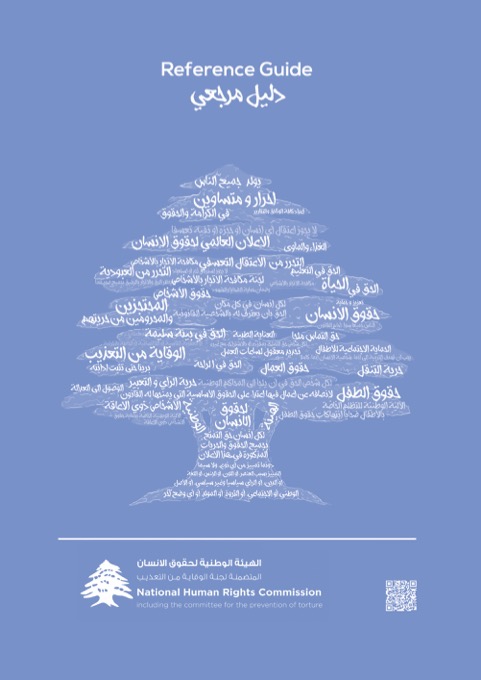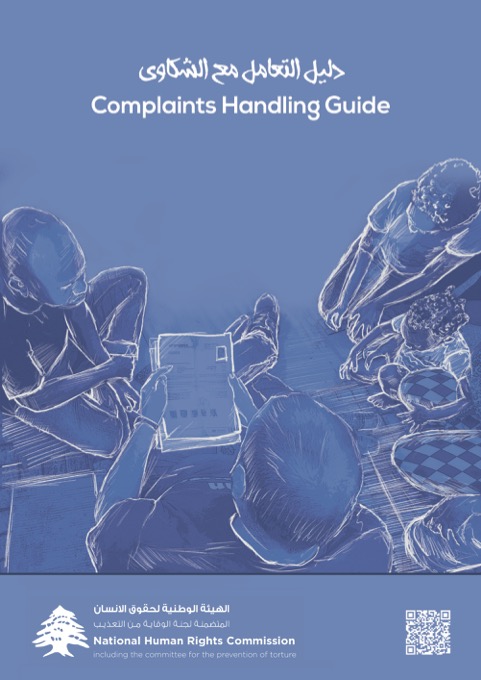The APF, in collaboration with Asia Centre, has released a new report: Digital Security and Human Rights Defenders Landscape: Recommendations for NHRIs in the Asia Pacific.
The report examines how effectively National Human Rights Institutions (NHRIs) in the region are safeguarding HRDs’ rights against digital security threats. It highlights the need for NHRIs to enhance their monitoring and reporting capabilities to respond to these issues.
It also provides a set of concrete actions that NHRIs can take to strengthen their support for HRDs engaged in human rights advocacy.
The Right to Defend Rights tool evaluates the enabling environment for HRDs via human rights indicators and two questionnaires based on international human rights norms and standards.
By establishing a baseline for the current human rights situation within each country, the tool addresses the pressing need for HRDs’ protection in the face of evolving challenges.
The tool also produces data to inform NHRI strategic priorities and activities, provides a reporting framework on human rights and the Sustainable Development Goals (SDGs), and facilitates stakeholder engagement to inform policy development on human rights.
The APF and DIHR have designed a support package to deliver technical support to NHRIs in the Asia Pacific region who wish to use the tool. The package will include online training and peer learning and will be available in early 2024.
In the digital age, the rights of many human rights defenders (HRDs) in the Asia-Pacific region are in jeopardy.
With the rapidly evolving technological landscape, opportunities and challenges for HRD’ advocacy have emerged. In this context, the increased institutional capacity of national human rights institutions (NHRIs) to cope with HRD’s challenges in the digital domain is critical.
Since the 2000s, there has been a significant shift towards online activism due to the region’s increasing internet usage. This has made it necessary for HRDs to adapt to the digital environment and adapt to the latest digital developments, since the online sphere has expanded the horizons of human rights advocacy, enabling HRDs to overcome media restrictions and coordinate protests more effectively.
Nevertheless, the proliferation of digital tools has raised concerns about HRDs’ safety and security.
Governments in the Asia-Pacific region have responded to HRD’s new online advocacy strategies, affecting their online advocacy by using legal and non-legal measures to harass them and impede their work.
Against this backdrop, NHRIs have a mandate to protect human rights, including those of HRDs. The Marrakech Declaration of 2018 outlined a framework for NHRIs to support HRDs, emphasising both offline and online civic space. However, NHRIs need to adapt these plans to address digital security threats to HRDs.
This report contributes to this goal by outlining four specific ways through which HDRs are threatened online.
First, it shows that, in the Asia-Pacific region, HRDs often face legal threats through laws related to defamation, insult, and “fake news”, as well as broader online regulations granting government authorities extensive powers to limit online freedoms.
Second, governments have disrupted online communications by limiting or suspending internet connectivity.
Some countries control internet gateways to regulate information flow, and during political instability, internet service providers (ISPs) and mobile carriers are ordered to restrict internet speed or access.
Third, governments in the region use technology for legal and covert mass data collection and surveillance.
They create national internet gateways for centralized control, consolidating information and data storage.
Lastly, HRDs encounter digital threats from “cyber troops,” which combine human operatives with bots on social media to influence public opinion in favor of the government. Governments are complicit by showing minimal commitment to addressing the problem.
Identifying these threats is the basis for this report to recognize the efforts and limitations of NHRIs in ensuring HRDs’ rights online in three areas – monitoring and reporting, advocacy and awareness-rising, and capacity and network building – and provide a set of recommendations aimed at increasing NHRI’s institutional capacity.
In terms of the monitoring and reporting system, the report recommends that NHRIs should systematically strengthen it and increase their capacity to identify complaints as coming from HRDS; to encompass all aspects of digital security threats to establish a robust foundation for effective complaints handling. Once equipped with this information, NHRIs should step up their engagement both with the government and at the parliamentary level. They should also focus on raising public awareness about digital security threats through a well-structured Communications Plan and forge partnerships with tech companies and ISPs to ensure online rights and privacy for HRDs. Furthermore, they should actively participate in civil society events, host gatherings for HRDs, provide capacity-building opportunities for staff in digital rights and HRD-related programs, and foster collaboration with regional NHRI associations and initiatives like the NHRI Tech Alliance.
Only with multi-faceted efforts will NHRIs be able to increase their institutional capacity, being better equipped to ensure that HRDs’ online advocacy is carried out safely.


